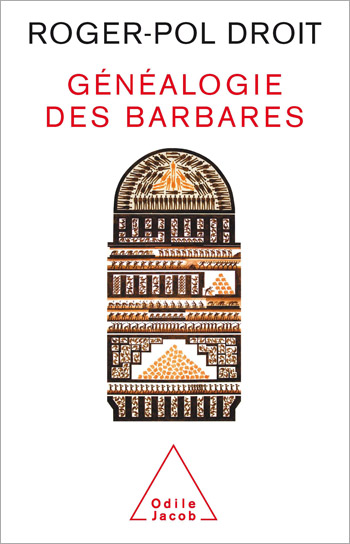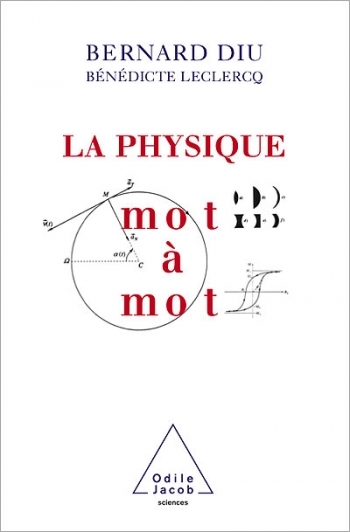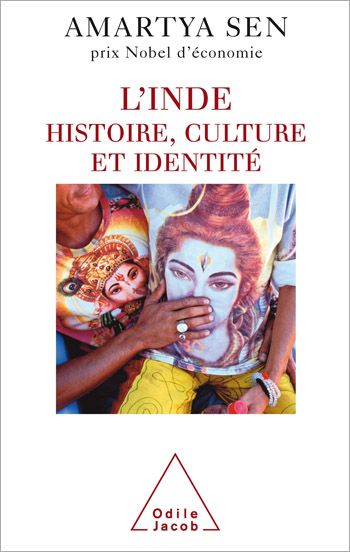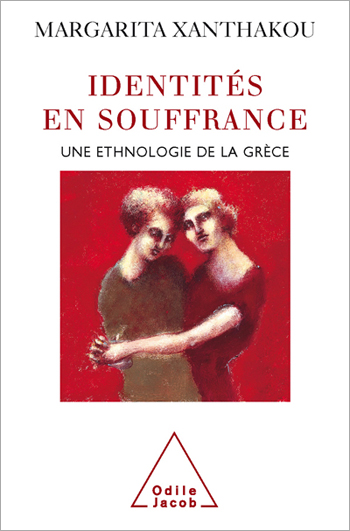Catalog All books

André Miquel
The Event The Koran: Surate LVI
Translation and commentary of one of the most famous surates of the Koran, the fundamental book of Islam, that of The Event or "the key to the door of riches" which teaches of the gifts given to man by God. André Miquel is a professor at the Collège de France.
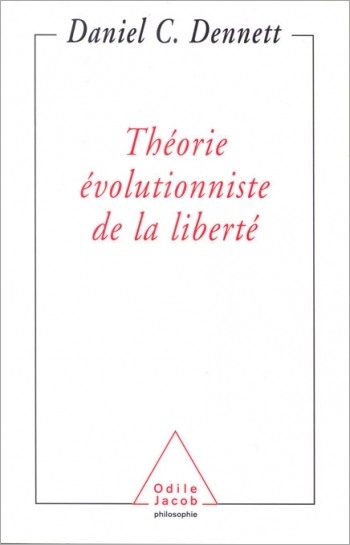
Daniel C. Dennett
Evolutionist theory of freedom
Billions of years ago, there was no freedom on earth, for the simple reason that there was no life. What forms of freedom have evolved since the first stirrings of life? Can freedom and free will exist in a deterministic universe? If we are free, are we responsible for our freedom, or is it governed by chance? Drawing on evolutionary biology and the cognitive sciences, Daniel Dennett provides a series of unorthodox replies to these traditional philosophical questions. It is generally held that what is determined is inevitable and that freedom can only exist in a non-deterministic universe. This is untrue, says Dennett. It is also held that in a pre-determined universe, we have no real choices: all we have is the illusion that we can choose. This too is false, argues Dennett. He then goes on to explain how, some day, we will be able to create robots endowed with free will. In this groundbreaking book, written in a striking, lively style, Dennett interweaves philosophical creativity with the latest scientific developments, and challenges a series of philosophical orthodoxies. Daniel C. Dennett is University Professor and Director of the Center for Cognitive Studies at Tufts University, Mass., U.S.A. He is the author of Consciousness Explained and Darwin's Dangerous Idea.
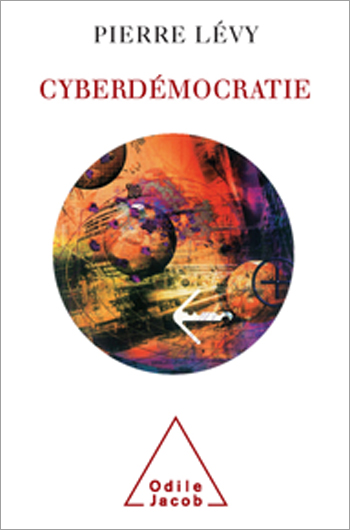
Pierre Lévy
Cyberdemocracy
This book offers a synthesis of the various ways in which the advent of the Internet has transformed daily life in democratic societies, both on a regional and international level," writes Pierre Lévy. This ambitious and down-to-earth analysis is well served by Pierre Lévys style and prophetic vision. He has taken into account the latest and most innovative developments, as well as the political changes brought about by the new information society. Pierre Lévy, a philosopher, teaches at the University of Quebec, in Trois Rivières. He is the author of Cyberculture and World Philosophy.

Nady Van Broeck, Jacques Van Rillaer
Giving Psychological Support to Seriously Ill Children
An indispensable book to enable parents and caregivers to help children overcome the challenge of serious illness
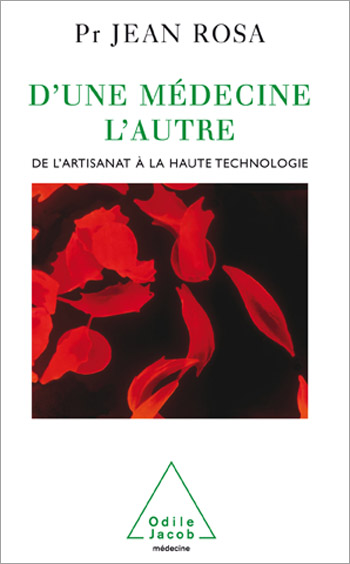
Jean Rosa
From one Medicine to Another From a Craft Industry to High Techology
Jean Rosa belongs to the post-war generation that transformed French medicine from a state of powerless humanism all the more "humane" because it was so often helpless to one of scientific and technical efficiency. Unfortunately, in the process, medicine seems to have lost its human face. In this book, Rosa shows how he contributed to this medical revolution: on the one hand, through the "Debré Reform", which instituted teaching hospitals, thus firmly linking medical research with therapeutic and surgical treatment, and, on the other hand, by associating medicine with molecular biology. Jean Rosa is Emeritus Professor in the medical school of the University of Paris-XII and a member of the French Academy of Science
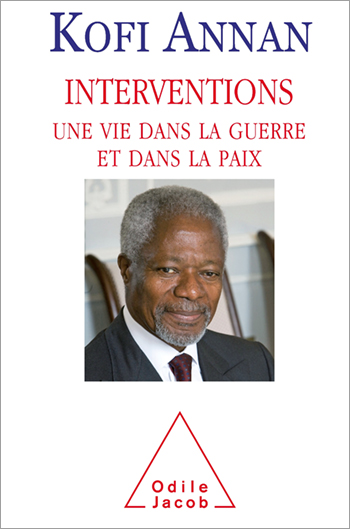
Kofi Annan
Interventions A Life in War and Peace
The story of Kofi Annan’s forty years at the centre of the world stage



